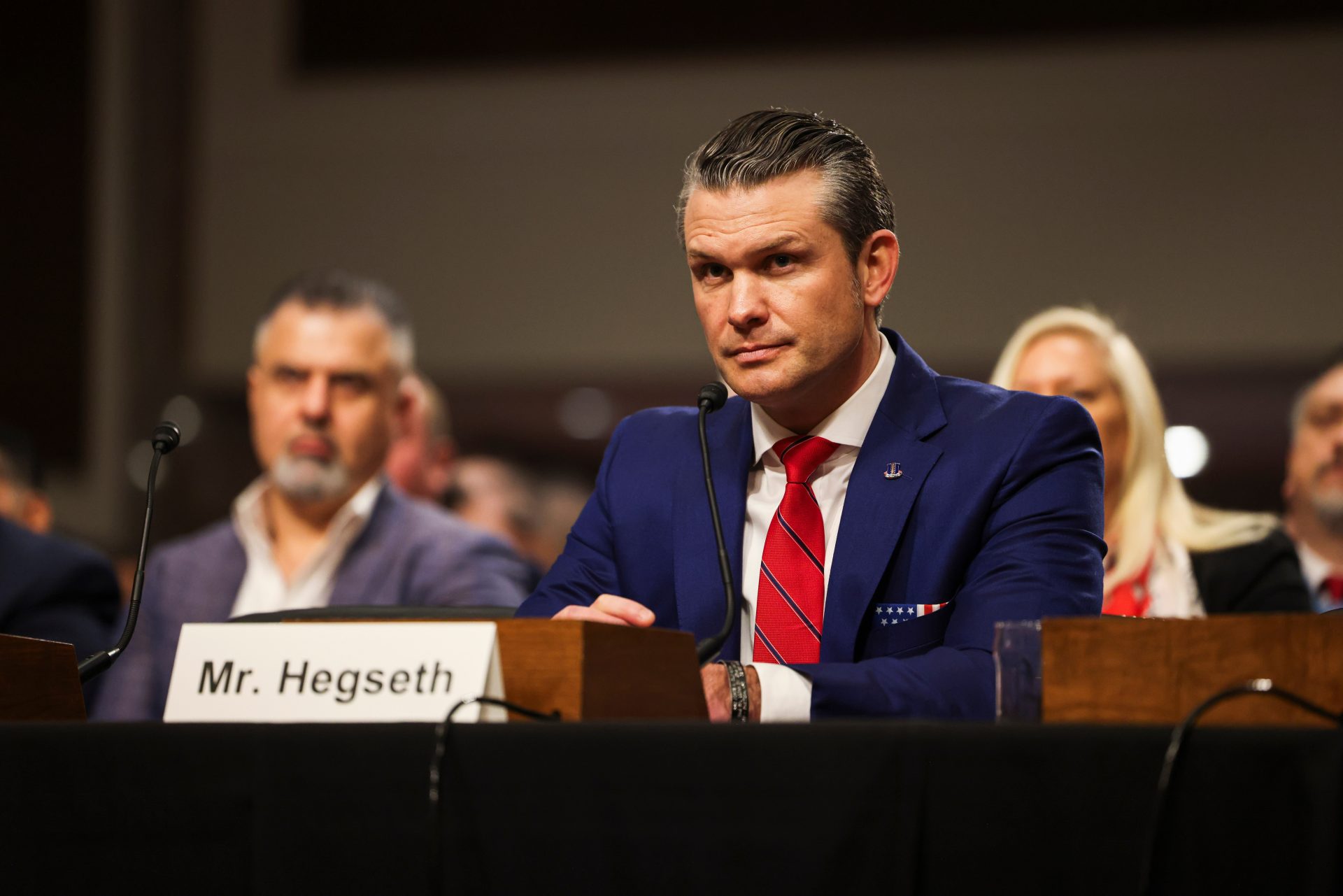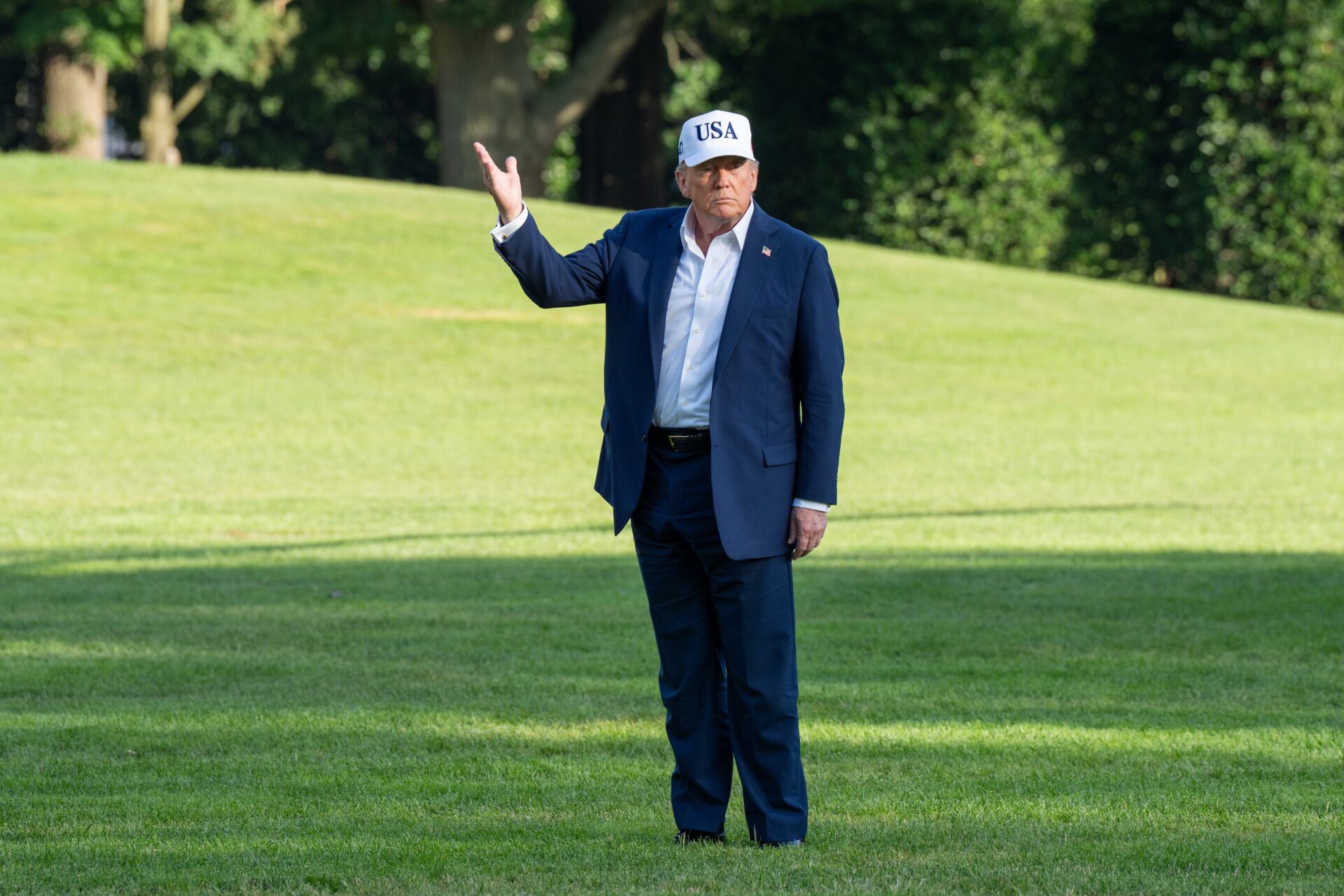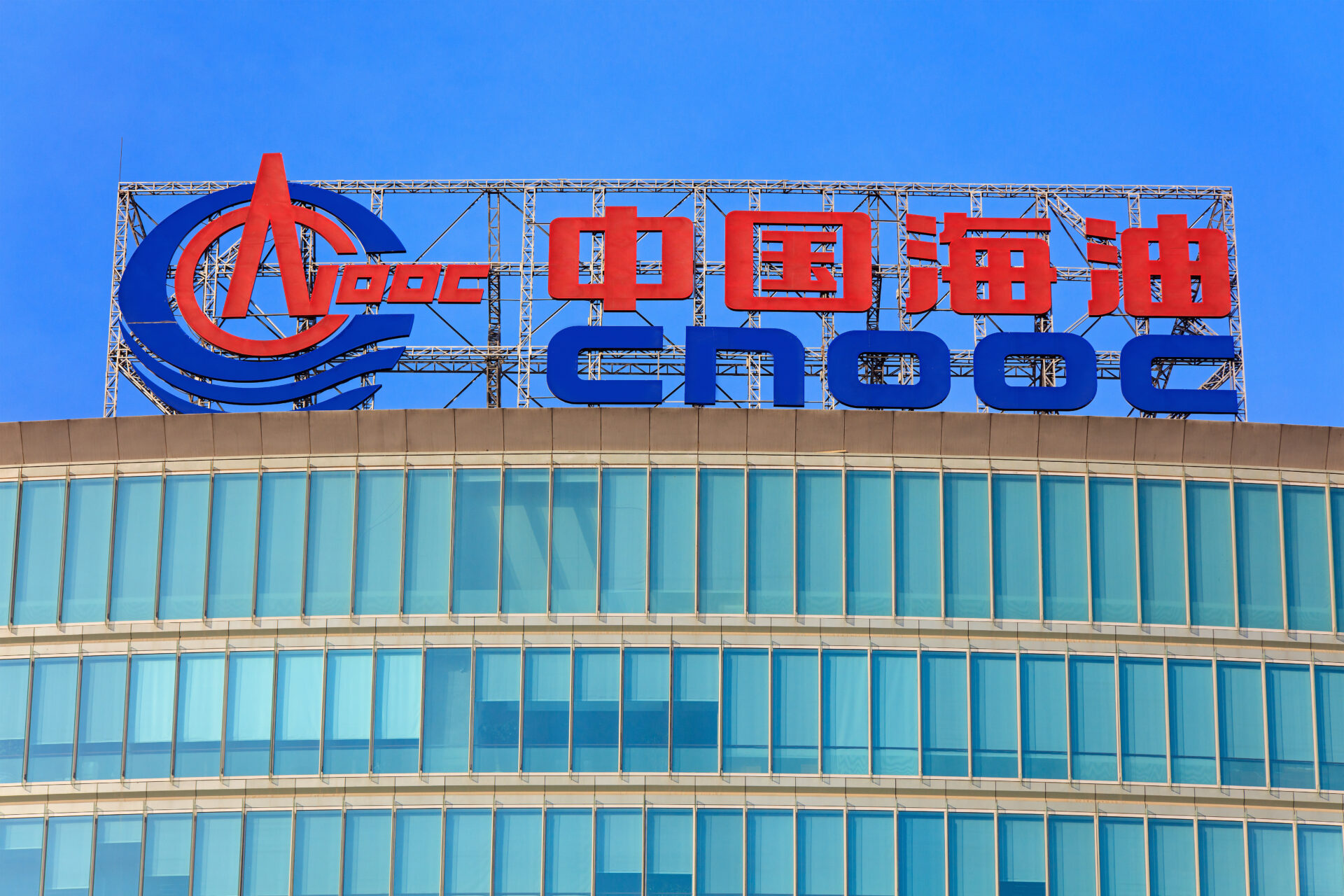
Cold War TALK RETURNS – Allies PRESSURED
China lashes out at Defense Secretary Hegseth for labeling Beijing a threat during major Indo-Pacific security forum, setting the stage for further diplomatic clashes between the world’s two largest economies.
At a Glance
- Chinese officials accuse Defense Secretary Pete Hegseth of promoting a “cold war mentality” after his speech at the Shangri-La Dialogue
- Hegseth warned that China seeks to “dominate” the region and pointed to its military actions toward Taiwan
- Taiwan remains a critical flashpoint, with Beijing claiming the island as part of China while the U.S. supports its self-defense
- Trade tensions persist between the nations despite efforts to reduce tariffs
- Hegseth called on Indo-Pacific allies to increase defense spending amid China’s military buildup
Beijing Slams Hegseth’s “Cold War Mentality”
China’s Foreign Ministry issued a sharp rebuke to U.S. Defense Secretary Pete Hegseth following his comments at the Shangri-La Dialogue in Singapore, where he characterized China as an imminent threat to the Indo-Pacific region. Chinese officials accused Hegseth of promoting a dated “cold war mentality” and making defamatory allegations against Beijing. The diplomatic clash marks an early test for the Trump administration’s renewed hardline approach toward China, as Hegseth made his first major international appearance since taking office.
The Chinese Defense Ministry went further, with spokesperson Zhang Xiaogang condemning Hegseth’s remarks as provocations that distorted China’s policy positions. This exchange highlights the deteriorating relationship between the two superpowers, with military, economic, and technological competition intensifying across multiple fronts. Chinese officials insisted that the United States, not China, is the true source of regional instability.
During his address, Hegseth directly challenged China’s regional ambitions, warning Indo-Pacific nations about Beijing’s intentions to dominate the area. He pointed specifically to Chinese military activities surrounding Taiwan as evidence of aggressive behavior.
The Chinese Foreign Ministry responded by asserting that Taiwan is an internal matter and accused the U.S. of undermining peace in the Asia-Pacific through its interference.
Taiwan Remains Central Flashpoint
Taiwan continues to be the most volatile issue in U.S.-China relations. While the United States does not formally recognize Taiwan diplomatically, it maintains strong unofficial ties and provides defensive weaponry to the self-governing island. This policy has consistently drawn the ire of Beijing, which considers Taiwan an inalienable part of Chinese territory. The tensions have escalated in recent years, with Taiwan and China increasing their military presence in the South China Sea.
Despite the forceful language, Hegseth attempted to clarify that American policy is not aimed at conflict. “We do not seek regime change, nor will we instigate or disrespect a proud and historic culture,” he said during his address. “We will be ready, but we will not be reckless. Instead, we seek peace. But we must ensure that China cannot dominate us—or our allies and partners.” This measured approach reflects the delicate balance the administration is trying to strike between deterrence and avoiding confrontation.
Economic Tensions Compound Military Concerns
Beyond security issues, persistent trade disputes continue to strain relations between Washington and Beijing. Efforts to lower tariffs have stalled, with President Trump accusing China of violating trade agreements. Simultaneously, China has criticized U.S. export controls in the semiconductor sector, viewing them as targeted economic restrictions. The economic competition has become increasingly intertwined with national security concerns, particularly regarding advanced technologies.
“China urges the U.S. to fully respect the efforts of countries in the region to maintain peace and stability, stop deliberately destroying the peaceful and stable environment cherished by the region, and stop inciting conflict and confrontation and escalating tensions in the region.”, said China’s Ministry of Foreign Affairs.
Treasury Secretary Scott Bessent has expressed optimism about resolving the economic disputes, suggesting that President Trump and Chinese President Xi Jinping could potentially work through their differences. However, the national security concerns voiced by Hegseth may complicate these economic negotiations. The administration’s recent announcement that Secretary of State Marco Rubio plans to revoke visas for Chinese students linked to the Chinese Communist Party further signals a comprehensive approach to countering Beijing’s influence.
Call for Greater Allied Defense Spending
In his address, Hegseth urged Indo-Pacific allies to contribute more substantially to their own defense, signaling that difficult conversations about burden-sharing lie ahead. This echoes President Trump’s longstanding position that allies should take greater responsibility for regional security arrangements. The Defense Secretary’s remarks come as China continues to modernize and expand its military capabilities, presenting growing challenges to American dominance in the Pacific.
The Chinese Foreign Ministry countered by accusing the United States of deploying offensive weaponry in the South China Sea and creating tensions through its military presence. Beijing emphasized its commitment to dialogue and consultation to handle differences while maintaining its right to defend territorial sovereignty. These opposing viewpoints underscore the fundamental strategic competition that now defines U.S.-China relations, with neither side showing signs of backing down on core interests.


